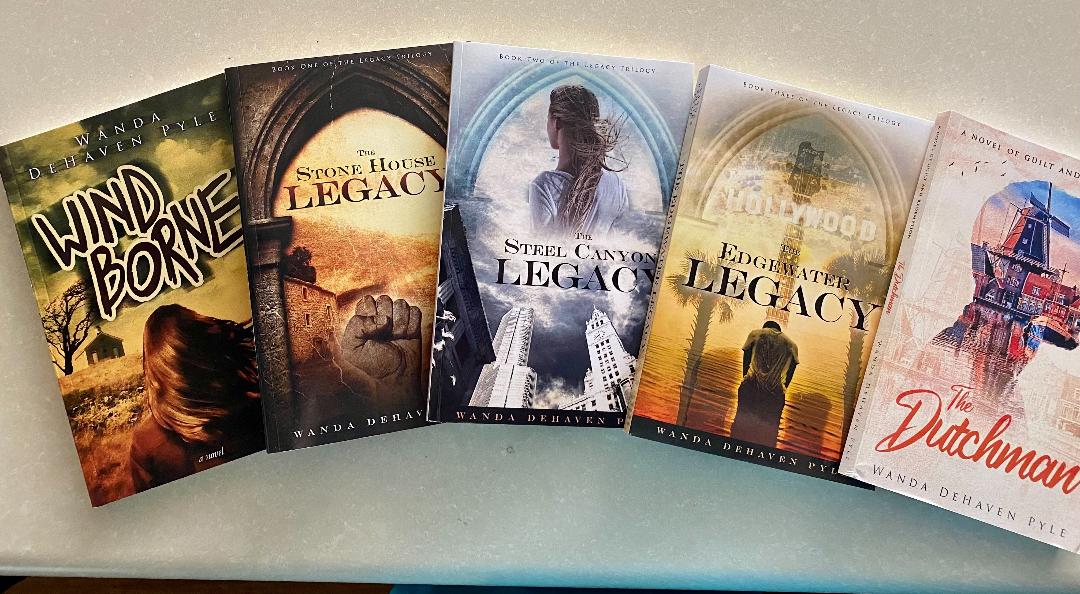May is mystery and suspense month in the blog so I thought I would kick things off early with a review of my own. Due to the overwhelming response to my call for interviews, I will be featuring interviews in May with several writers representing various subgenre’s of this category. But to begin with, I thought it might be a good idea to distinguish between the two most obvious ones: mystery and suspense. My legacy series would probably fall more into the suspense category. Let’s have some fun this month as you try to distinguish one from the other based on the interviews with the authors. Here is a brief definition to get you started.
A mystery is a novel of revelation, with action more mental than physical. A significant event, usually a murder has just occurred, and the protagonist’s job is to discover who committed the crime and why. The dilemma created for the writer of traditional mysteries is the fact that the villain and the details of the crime must remain unidentified, breaking Hitchcock’s rule of keeping the audience informed. The main character is occupied in tracking down the truth about an event, usually a murder. If the protagonist is in any danger, it is usually moderate, and becomes a problem only as the detective approaches the truth.
The suspense thriller, on the other hand,has been loosely defined as a story in which the audience is waiting for something significant to happen. The protagonist’s job is to prevent the speeding bus from exploding, or the aliens from eating the crew. The reader experiences a vicarious thrill by identifying with the hero and the danger he faces, becoming a participant in the chase. The main character may become aware of danger only gradually. In a mystery, the reader is exposed to the same information as the detective, but in a suspense story, the reader is aware of things unknown to the protagonist. The reader sees the bad guy plant the bomb, and then suffers the suspense of wondering when or if it will explode.
Given this distinction, I would classify The Messiah Matrix by Kenneth John Atchity as a mystery. The prologue immediately captures your attention with the murder of a Jesuit priest whose dying words lead the reader and the protagonist on a desperate search for the truth behind it.
As the title suggests, the book presents a twist on traditional religious beliefs. Similar in style to Dan Brown’s novels, the author goes into great detail to establish some believable research base to reinforce his story – at times losing the reader in his attempt to create a credible base for his thesis.
From a purely fictional point of view, the characters are believable, the premise is intriguing and the plot is full of twists and turns that keep the reader engaged. I loved the mythological connections, but found the flashbacks to ancient Rome distracting.
Nevertheless, I found the book to be a great read and something that will stimulate the imagination long after the last page is turned.
Wanda DeHaven Pyle, author of Windborne and the legacy trilogy.
